5 Hilarious Struggles Only Nigerian K-Drama Addicts Will Understand
- byT.Sapphire 💙
- 8 months ago
- 0 Comments
- 3mins

There is something very specific about being a Nigerian and falling in love with Korean dramas. It is not just about enjoying a good series. It is about navigating cultural confusion, parental side-eyes, and data struggles while still crying over fictional love stories set in faraway Seoul. If you are reading this and nodding already, this is for you.
You keep correcting everyone that it is not Chinese film
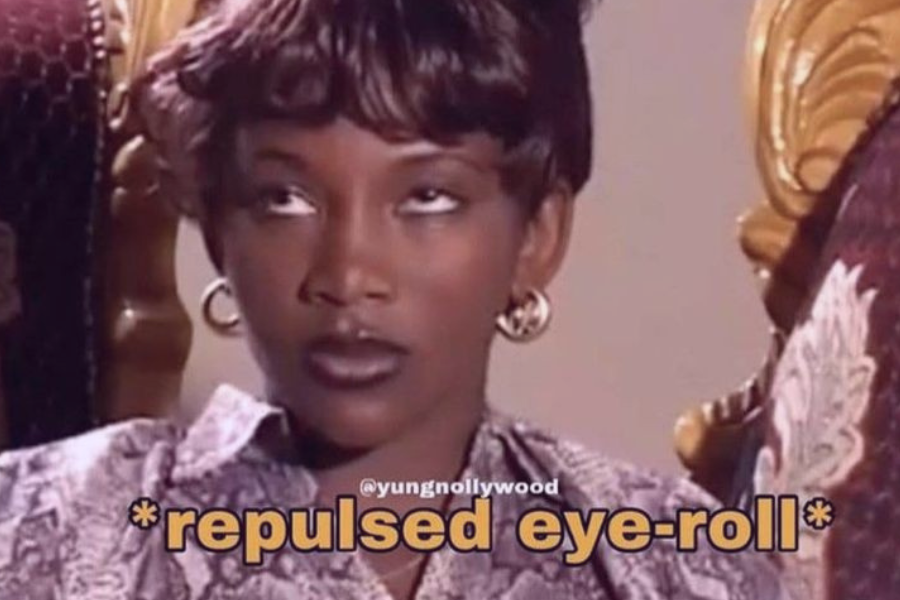
If you have ever watched a K-Drama in your living room and heard someone say, “You are watching that your Chinese film again,” just know that you are not alone. For many Nigerian parents, anything with subtitles and Asian faces is automatically labeled Chinese. You can explain that it is Korean drama from now till tomorrow, but they will still ask if it is the same boy with the colored hair. At this point, you just accept your fate and continue watching.
You find yourself comparing everything to Nigeria
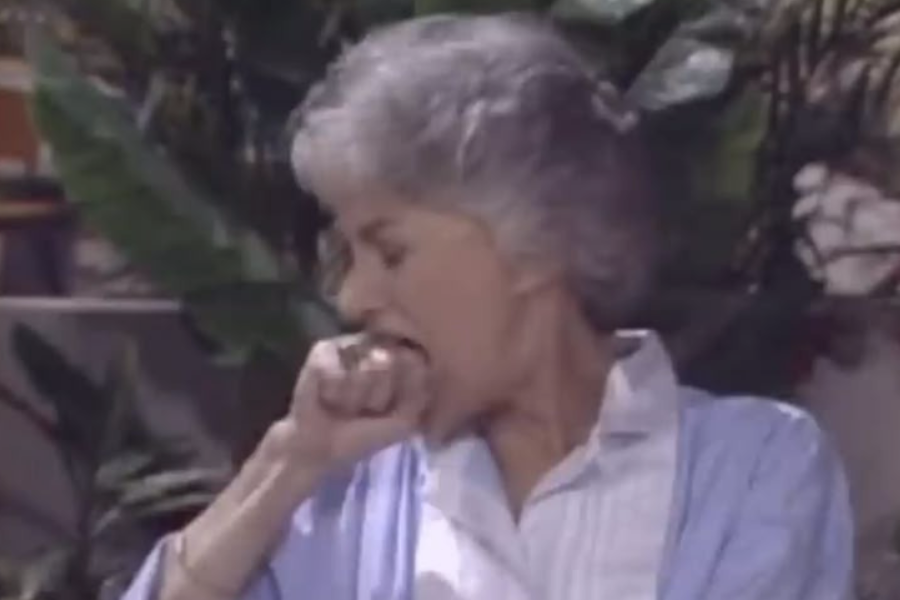
You are watching a K-Drama couple take a cute walk through the streets of Seoul at night and suddenly wonder how that would play out in Lagos. Probably with loud horns, smoky Suya stalls, and someone shouting "No parking here." In K-dramas, they sit in parks and feed each other fish cakes. In Nigeria, you are dodging mosquitoes, and someone is trying to sell you groundnut. The contrast is always right there, but you still keep watching like it is your own reality.
You start using Korean expressions in random conversations

This is not even new. Even though you are not fluent, you have somehow adopted words like “Oppa,” “Aigoo,” and “Saranghae.” You even greet people with “Annyeong” and expect them to understand. Your friends have stopped asking you what you are saying and just assume you have joined another fandom. It becomes part of your personality, and if you are really deep into it, you start dreaming of one day visiting Seoul. Or at least marrying someone who looks like your favorite lead actor.
You wish Nigerian men acted like K-Drama leads
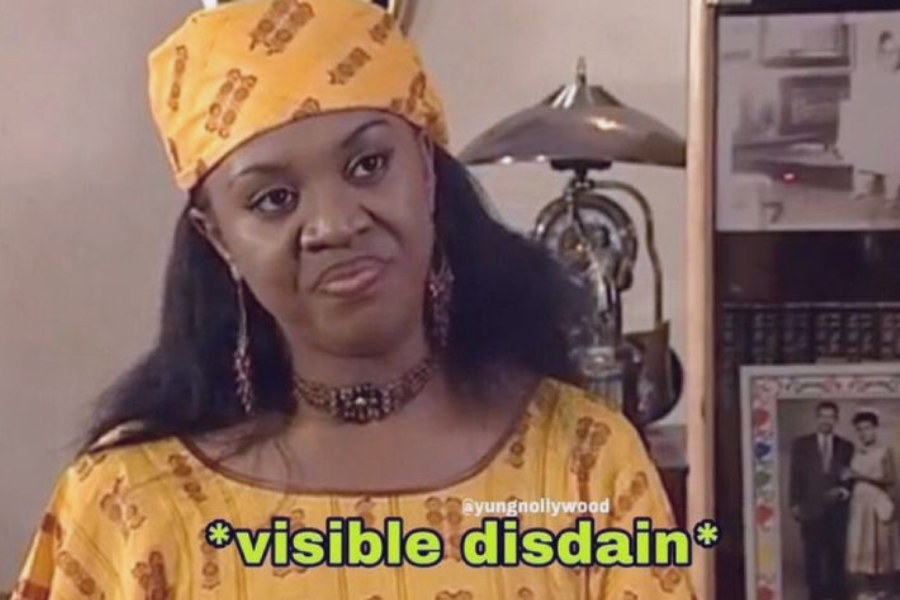
You start wondering why it is so hard for Nigerian men to be like the male leads in K-dramas. Where is the slow forehead kiss? Where is the emotional vulnerability? Where is the rainy confession scene? Nigerian men will tell you, “I dey for you,” and expect that to count as romance. Meanwhile, your K-Drama boyfriend just bought flowers, cooked dinner, and defended your honor in front of a rude manager. And somehow, still managed to look good doing it.
You cry too much for someone who lives in a tropical country
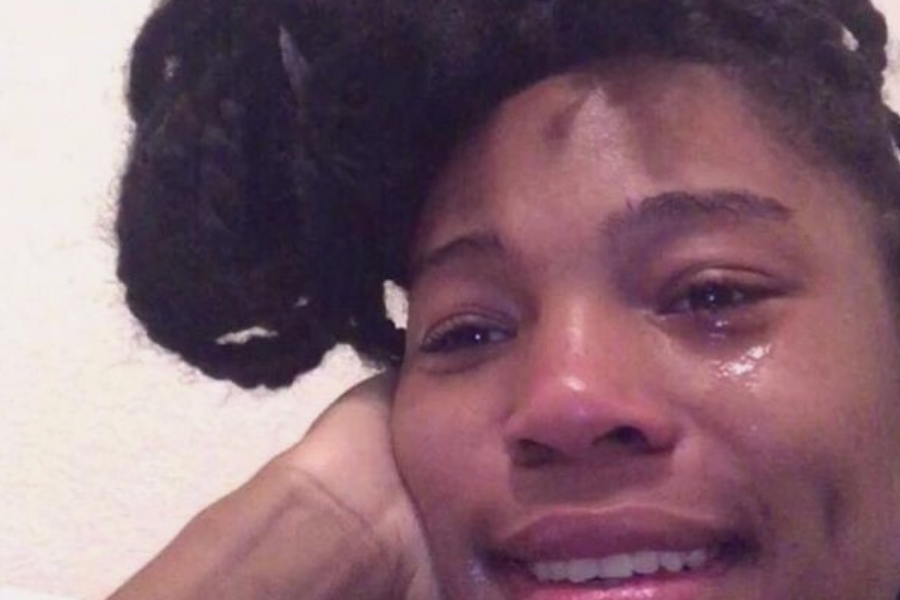
You cry when they cry. You cry when they kiss. You cry when someone dies in episode four, and again when there is a time skip in episode twelve. The emotional roller coaster is too much, but you always come back for more. K-dramas touch something deep in you that even Nigerian movies cannot explain. You are laughing one moment and asking yourself why you are sobbing over two fictional people the next. Amazing, right?
If you ticked three or more of these signs, congratulations. You are a certified Nigerian K-Drama addict. No one understands your emotional struggle and loyalty like you do. And honestly, you deserve a drama with your name in the title.
Tags:
T.Sapphire 💙
T. sapphire is a writer who found her love for the Hallyu wave after watching the historical drama “Jumong.” She is mainly interested in Korean dramas and the history of Korea at large. Explore her pieces as she takes you on a journey through K-Drama recommendations and keeps you informed about the history of the Korean people.
0 Comment(s)
Related Posts
Daily Newsletter
Get all the top stories from Blogs to keep track.
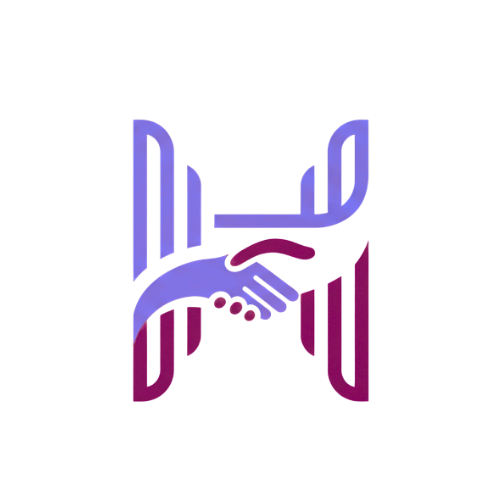
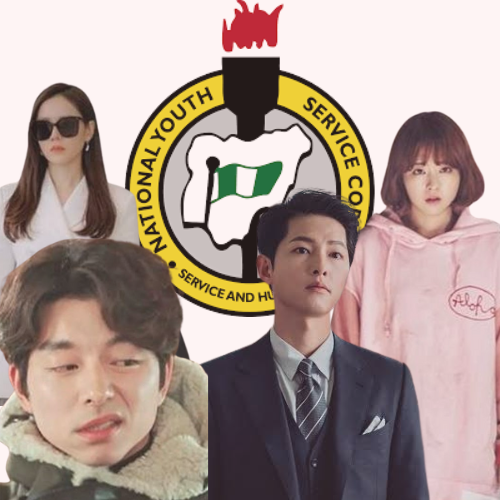



Leave a comment